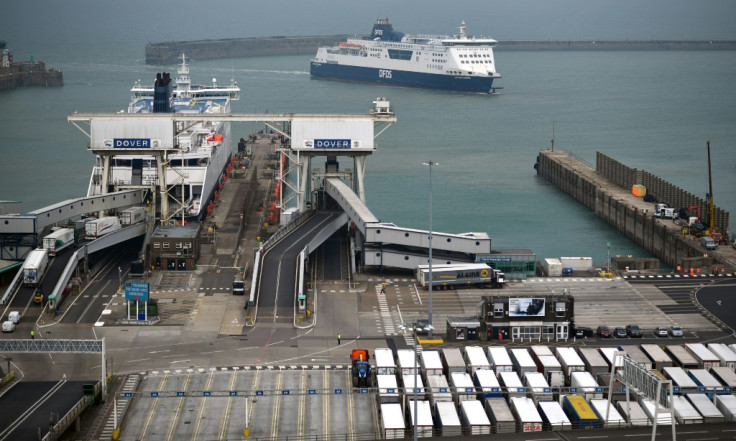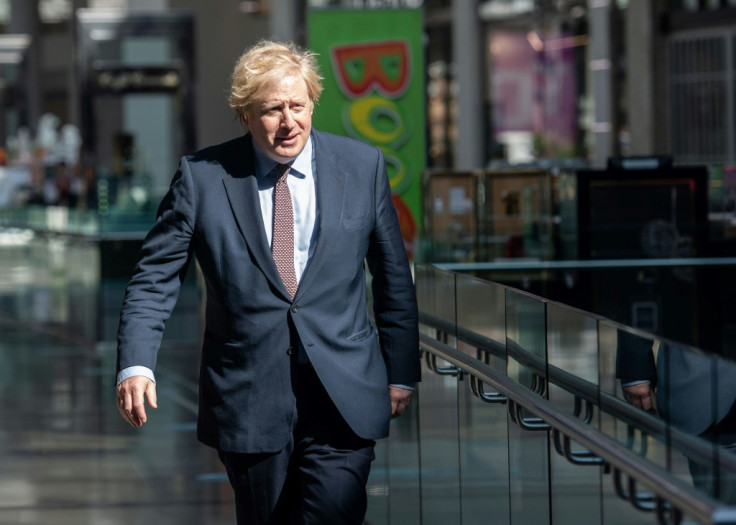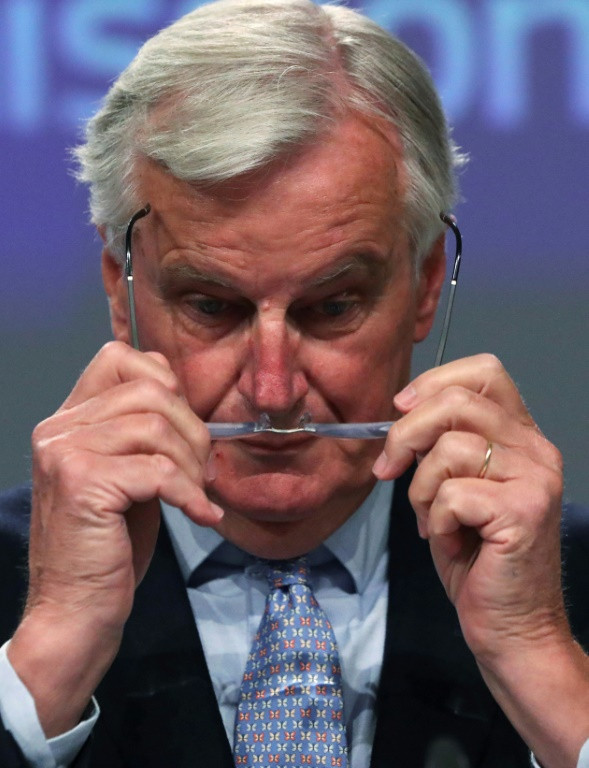More 'oomph': Boris Johnson eyes Brexit trade deal by July
It was Johnson's first personal involvement in the talks, which began just weeks after Britain left the EU on January 31 after 47 years.
British Prime Minister Boris Johnson said he believed stuttering post-Brexit trade talks could conclude by as early as next month, after a meeting with EU chiefs that saw both sides commit to ramping up negotiations.
An upbeat Johnson emerged from an hour-long video conference call with European Commission president Ursula von der Leyen and other leaders to reveal he had told them to "put a tiger in the tank" and add "a bit of oomph" to three months of talks.
"I don't think we are actually that far apart," he said. "The faster we can do this, the better, and we see no reason why you shouldn't get that done in July...
"I don't want to see (the talks) going on until the autumn, winter."
The two sides earlier said in a joint statement that "new momentum" was required, after four rounds of negotiations and little to show for it.

The leaders also agreed to pursue a possible "early understanding" on the broad principles of the deal, in an acknowledgement that negotiations could run out of time.
It was Johnson's first personal involvement in the talks, which began just weeks after Britain left the European Union on January 31 after 47 years in the European project.
He won election victory in December last year on a promise to "get Brexit done" but is under pressure because of the economic fall-out from the coronavirus outbreak.
Businesses are also demanding more certainty about new cross-Channel trading rules once Britain leaves the single market and stops adhering to Brussels' rules on December 31.
EU Council chief Charles Michel said on Twitter they were "ready to put a tiger in the tank but not to buy a pig in a poke".

Both sides hoped the intervention of Johnson and von der Leyen could revive proceedings, which have mostly taken place online because of the global pandemic.
Johnson, Britain's chief negotiator David Frost and his EU counterpart Michel Barnier all caught the virus.
Negotiators complain the format has not lent itself to making compromises and finding common ground on thorny issues.
Added pressure came after Britain on Friday formally declared that it would not seek to extend the post-Brexit transition by one or two years -- something it could have done according to the terms of the divorce deal Johnson signed last year.

Repeated stumbling blocks include British refusals to accept EU calls to commit to European standards overseen by EU law to keep open access to the single market.
Brussels says that would maintain a "level playing field".
"Level playing field is essential," Michel said.
"We cannot accept the UK's attempts to cherry-pick parts of our single market benefits," Barnier said in a speech on Thursday.
The EU is also asking for continued guaranteed access to British waters for European fishing fleets, which Britain has so far refused.
Instead, they have proposed annual talks on quotas for catches.
"The cherry-picking is on the side of Brussels," complained Greg Hands, the UK's junior minister for trade, to German public radio, citing the case of fishing rights.
Britain wants to keep strong business ties to the EU single market, the world's biggest -- but London will not recognise any mention of EU law or court decisions in the deal, seeing that as a violation of sovereignty.
Johnson's government also refuses to discuss many topics beyond trade that the Europeans would like to have bound to the same deal, including security, diplomacy, research and data flows.
Opinions differ on how soon a deal needs to be struck.
The EU pushed October 31 as a deadline, while Britain has said this summer was the last chance.
The statement on Monday seemed to indicate that both sides agreed that some sort of deal in principle could be acceptable given the time constraints.
Intensified talks, it said, "should include, if possible, finding an early understanding on the principles underlying any agreement."
A deal in principle could be enough to avoid the damaging consequences of no deal on December 31 and effectively extend the negotiations beyond this year.
Failure to agree a trade deal will lead to tariffs, customs and regulatory checks and other obstacles -- in effect removing Britain from Europe's supply chain.
Copyright AFP. All rights reserved.
This article is copyrighted by International Business Times, the business news leader





















